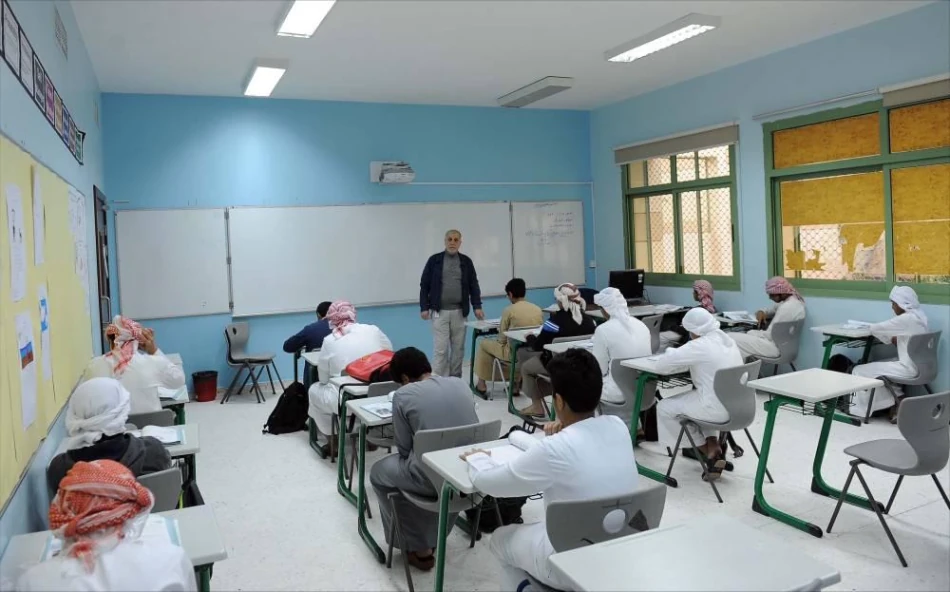
Schools Shoulder Costs of External Assessments: Education Ministry Clarifies Policy
Abu Dhabi's Department of Education and Knowledge has made it clear that schools must cover all costs for mandatory external assessments and cannot charge parents separate evaluation fees. The updated policy aims to create a fair testing environment while establishing clear rules for international examinations and academic misconduct.
The department's new guidelines state that external assessments are designed by third-party providers to measure student learning, achievements, and skill development. This includes standardized tests, international assessments, board examinations, and pre-college entrance exams. Schools must absorb these costs as part of their operations rather than passing them on to families.
According to the department, assessments serve as key tools for educational development in Abu Dhabi's multicultural school environment. They help build a data-driven culture that evaluates and improves student, staff, and school performance. Having unified assessment data creates a common foundation for educational improvements across the emirate's diverse school system.
**International Board Examinations**
The policy requires schools to register all qualified third-cycle students for international board examinations that align with their curriculum requirements. Schools must also encourage high-performing students to take advanced levels of these international tests.
Here's where it gets interesting for parents: while schools cannot charge for mandatory assessments, they can collect fees for international board examinations. These fees must be posted on the school's website based on the service provider's pricing, and schools can add reasonable administrative charges following department guidelines.
Schools can grant study leave to qualified third-cycle students preparing for pre-college international board examinations. This leave can last up to four weeks annually but needs department approval. The absence gets recorded in the eSlS system as authorized leave, and schools must remain open to support students who don't take the study break.
**Anti-Cheating Measures**
The department has implemented strict rules following Federal Decree Law No. 33 of 2023 on combating cheating and examination misconduct. Schools must follow seven core elements to prevent cheating, starting with educating students about academic integrity and creating proper physical testing environments.
Schools need clear procedures to identify and handle cheating cases during examinations. Students caught in misconduct face penalties outlined in the department's student behavior policy. But here's the thing - anyone other than students who commits examination misconduct will face penalties under the federal decree, which carries more serious consequences.
The policy requires schools to document and report all examination violations to the Department of Education and Knowledge. This creates a comprehensive tracking system that helps maintain testing standards across Abu Dhabi's schools.
For parents, this means more predictable costs since mandatory assessment fees are now built into school operations. It also ensures their children take tests in properly supervised environments with clear consequences for misconduct, protecting the value of legitimate academic achievements.
Most Viewed News

 Omar Rahman
Omar Rahman






